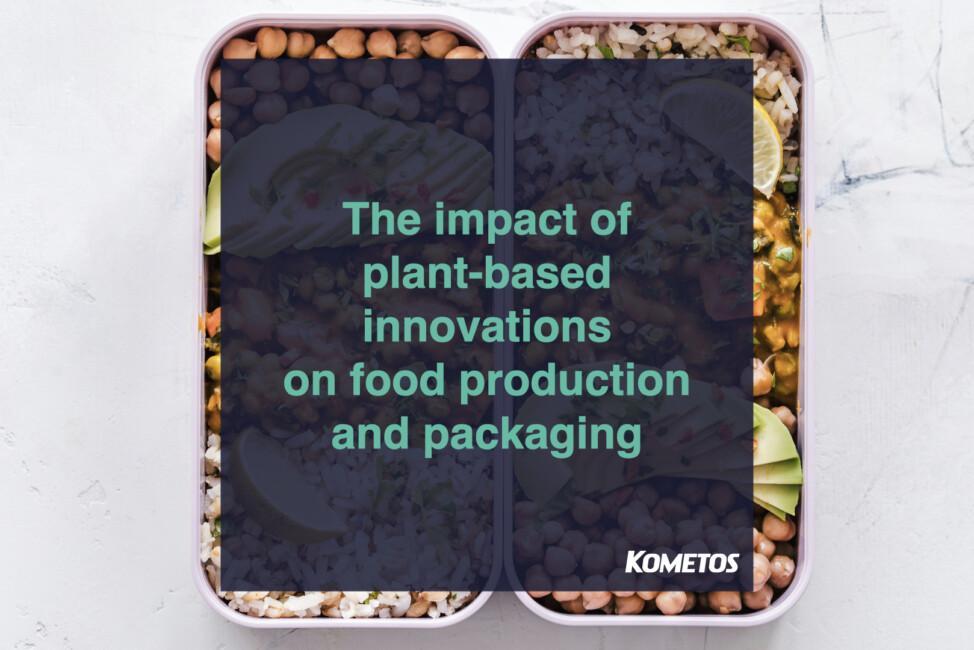
Evolving food processing: The impact of plant-based innovations on production and packaging
In the ever-evolving global food industry, a noticeable shift towards plant-based alternatives is gaining momentum. This article examines the current trends in plant-based foods, explores the intricacies of production processes, and discusses practical packaging solutions for plant-based products.
Let’s delve into the ways food producers can adapt to meet the growing demand for plant-based alternatives.
Plant-based trends
Food industry is witnessing a significant uptick in the demand for plant-based food choices. According to Bloomberg’s projection, the global plant-based foods market could reach a whopping value of over $162 billion by 20230.
Drivers such as health-conscious choices, ethical considerations, and a heightened focus on environmental sustainability are pushing vegan alternatives and plant-based proteins, sourced from peas, soy, and mycoprotein, into the mainstream.
Navigating plant-based food processing
In the realm of vegan food production and plant-based food processing, specific processes take center stage:
– Raw material preparation: Efficient cutting, mixing, and blending of plant-based ingredients are crucial for achieving the desired texture and flavor in the final product.
– Extrusion and forming: Specialized equipment facilitates the extrusion and forming of plant-based proteins into familiar meat-like shapes, ensuring consistency.
– Cooking and heat treatment: Precise temperature control and cooking methods enhance the taste, texture, and safety of plant-based products.
– Freezing and tempering: Freezing and tempering solutions play a vital role in maintaining the quality and shelf life of plant-based products.
❄️ Learn more about Kometos’ freezing solutions.
Sustainable packaging solutions for plant-based foods
On top of the shift towards more diverse vegan alternatives, conscious consumers are also paying more attention to food packaging and looking for more sustainable choices.
New trends are emerging in plant-based food packaging:
– Biodegradable materials: Integration of biodegradable packaging materials aligns with the ethos of plant-based food production, reducing the environmental impact.
– Minimalist packaging: Streamlined packaging designs reduce waste, offering a simple and sustainable approach.
– Recyclable packaging: Emphasizing the use of recyclable materials contributes to a circular economy, minimizing the carbon footprint.
While new packaging innovations emerge, the good news is that they are mostly compatible with existing packaging machinery. For example, Kometos’ dosing and packaging equipment seamlessly integrate with a variety of packaging types and materials.
Meeting the demand for plant-based ready-to-eat meals
The rise in demand for convenient plant-based options also means a higher demand for vegan and meat alternative ready meals.
For decades, Kometos’ Finntray product line has provided food producers with efficient ready meal dosing and packaging solutions. The adaptability of the equipment to plant-based foods opens up new possibilities for creating and packaging plant-based ready meals without large-scale investments.
In conclusion
The ongoing plant-based food revolution presents new opportunities for the food industry. With Kometos’ innovative solutions, companies can seamlessly integrate plant-based production processes and adopt sustainable packaging options.
💡 Want to learn more about Kometos’ solutions? Get in touch with our team.




